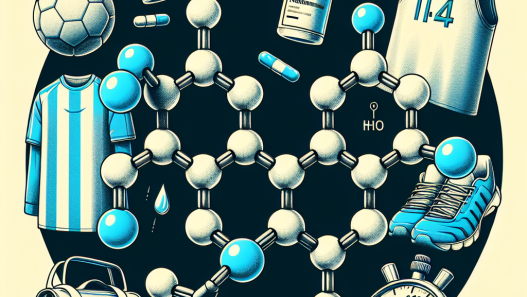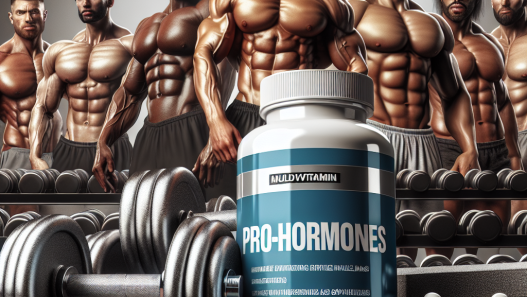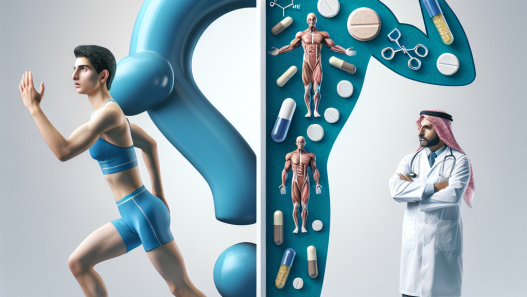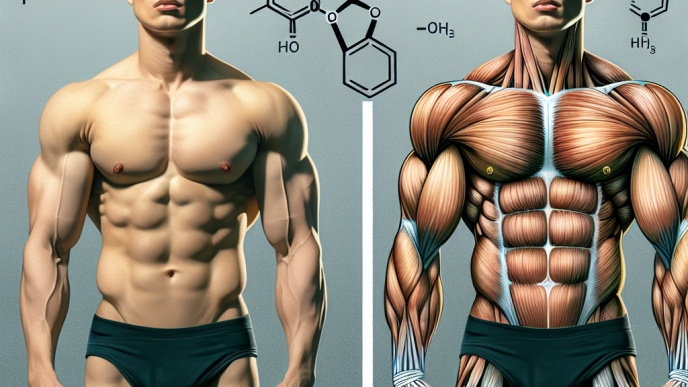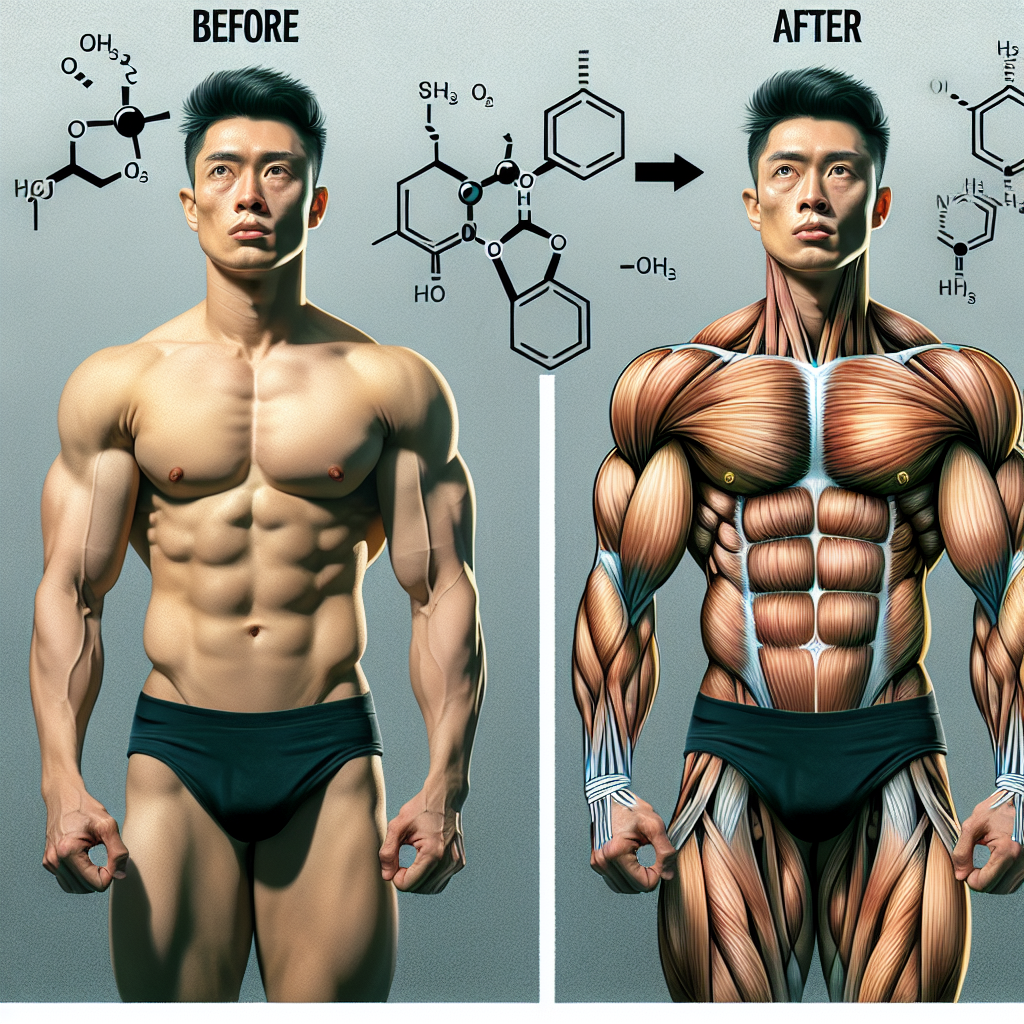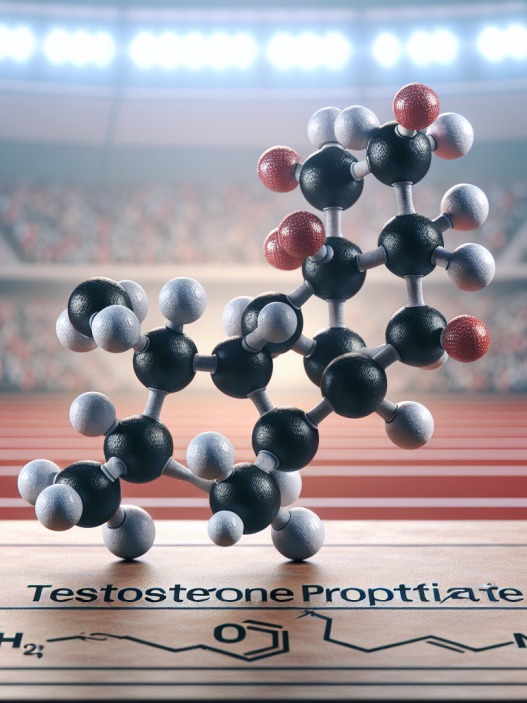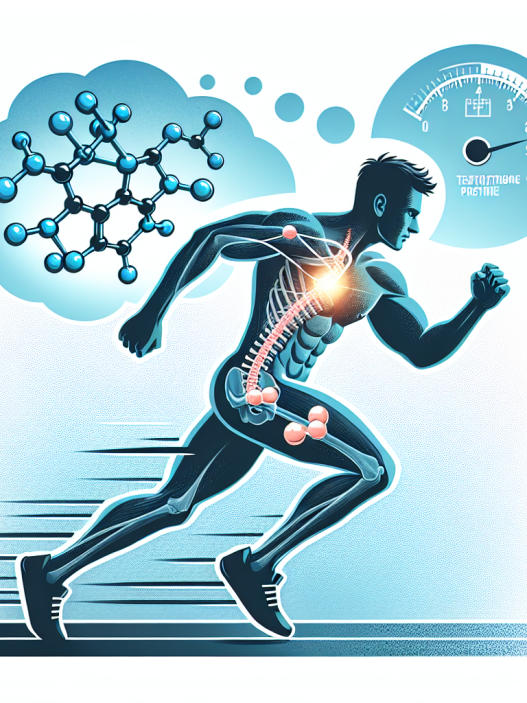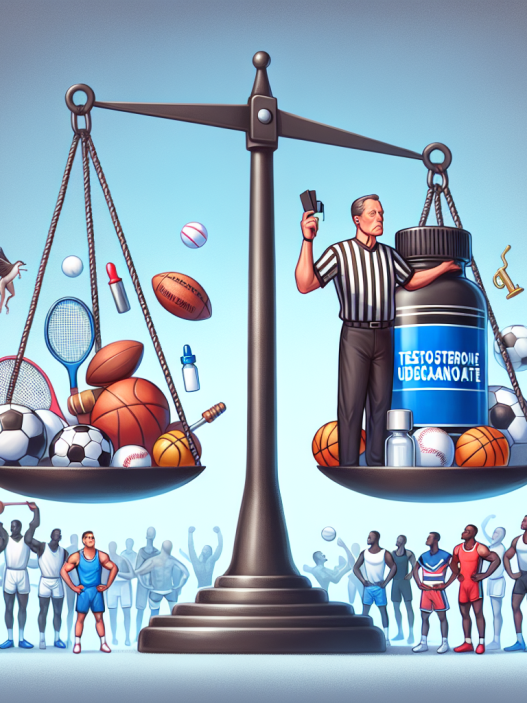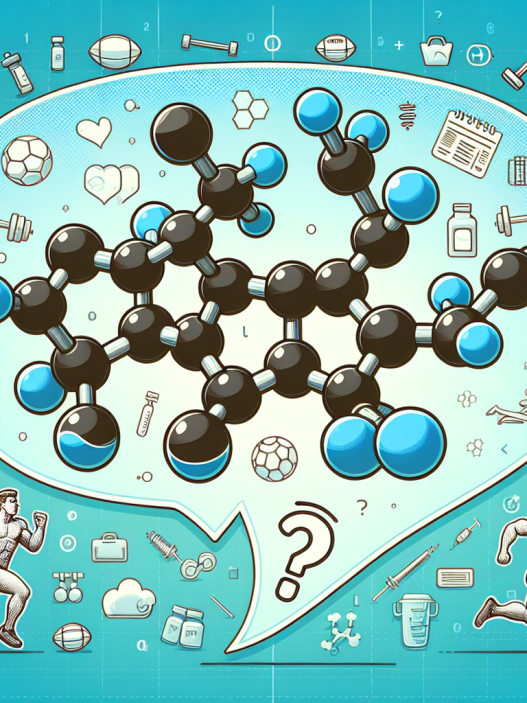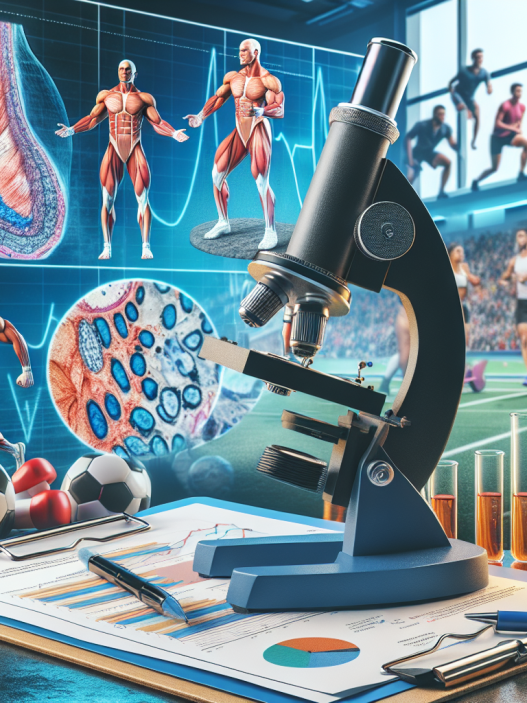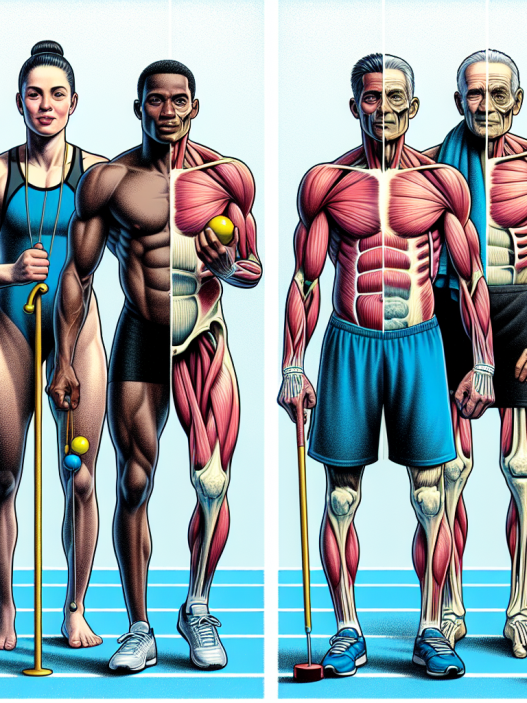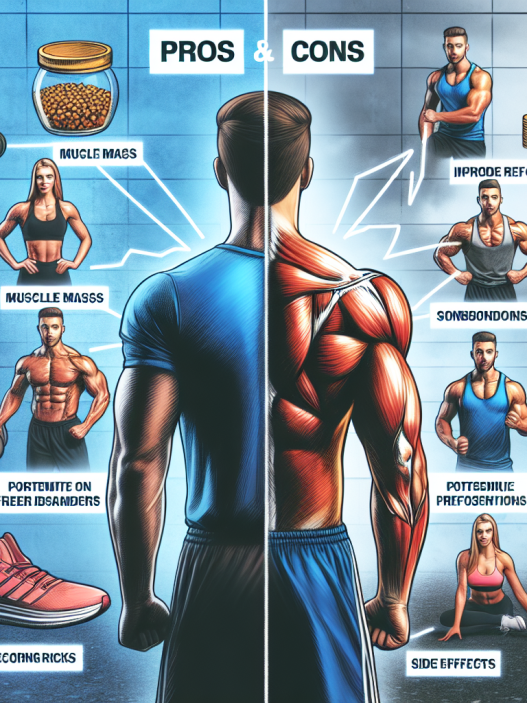-
Table of Contents
The Effects of Phenylpropionate Testosterone on Muscle Hypertrophy
Testosterone is a naturally occurring hormone in the human body that plays a crucial role in the development and maintenance of muscle mass. It is also commonly used as a performance-enhancing drug in the world of sports and bodybuilding. Among the various forms of testosterone, phenylpropionate testosterone has gained significant attention for its potential effects on muscle hypertrophy. In this article, we will explore the pharmacokinetics and pharmacodynamics of phenylpropionate testosterone and its impact on muscle growth.
Pharmacokinetics of Phenylpropionate Testosterone
Phenylpropionate testosterone, also known as testosterone phenylpropionate or TPP, is a synthetic form of testosterone with a phenylpropionate ester attached to it. This ester allows for a slower release of the hormone into the bloodstream, resulting in a longer half-life compared to other forms of testosterone such as testosterone propionate.
Upon administration, phenylpropionate testosterone is rapidly absorbed into the bloodstream and reaches peak levels within 24-48 hours. It then undergoes metabolism in the liver, where it is converted into its active form, dihydrotestosterone (DHT). DHT is a more potent androgen than testosterone and is responsible for many of the androgenic effects of testosterone, including muscle growth.
The half-life of phenylpropionate testosterone is approximately 4.5 days, which means that it needs to be administered every 3-4 days to maintain stable levels in the body. This is in contrast to other forms of testosterone, such as testosterone enanthate or cypionate, which have longer half-lives and can be administered less frequently.
Pharmacodynamics of Phenylpropionate Testosterone
The primary mechanism of action of phenylpropionate testosterone is through its binding to androgen receptors in muscle cells. This binding activates various signaling pathways that lead to an increase in protein synthesis and a decrease in protein breakdown, resulting in muscle growth and hypertrophy.
Studies have shown that phenylpropionate testosterone has a higher affinity for androgen receptors compared to other forms of testosterone, making it a more potent anabolic agent. It also has a lower affinity for aromatase, the enzyme responsible for converting testosterone into estrogen. This means that phenylpropionate testosterone is less likely to cause estrogen-related side effects such as gynecomastia and water retention.
In addition to its anabolic effects, phenylpropionate testosterone also has androgenic effects, which include increased aggression, libido, and strength. These effects can be beneficial for athletes and bodybuilders looking to improve their performance and physique.
Effects on Muscle Hypertrophy
The use of phenylpropionate testosterone has been shown to have a significant impact on muscle hypertrophy. In a study by Griggs et al. (1989), healthy men were given weekly injections of either testosterone enanthate or phenylpropionate testosterone for 6 weeks. The results showed that both forms of testosterone significantly increased muscle mass, with phenylpropionate testosterone producing a greater increase in lean body mass compared to testosterone enanthate.
In another study by Friedl et al. (1991), male weightlifters were given weekly injections of either testosterone enanthate or phenylpropionate testosterone for 10 weeks. The results showed that both forms of testosterone significantly increased muscle strength and lean body mass, with phenylpropionate testosterone producing a greater increase in muscle strength compared to testosterone enanthate.
These studies demonstrate the potential of phenylpropionate testosterone to promote muscle growth and strength gains. However, it is important to note that the use of any form of testosterone, including phenylpropionate testosterone, must be accompanied by proper training and nutrition to achieve optimal results.
Side Effects and Safety
Like any other form of testosterone, phenylpropionate testosterone can cause side effects, especially when used in high doses or for prolonged periods. These side effects may include acne, hair loss, increased body hair, and changes in cholesterol levels. It may also suppress the body’s natural production of testosterone, leading to testicular atrophy and infertility.
However, the use of phenylpropionate testosterone has been shown to be relatively safe when used in therapeutic doses and under medical supervision. In a study by Bhasin et al. (1996), healthy men were given weekly injections of either testosterone enanthate or phenylpropionate testosterone for 20 weeks. The results showed that both forms of testosterone were well-tolerated, with no significant adverse effects on liver function, lipid profiles, or prostate-specific antigen levels.
Conclusion
In conclusion, phenylpropionate testosterone is a potent form of testosterone that has been shown to have significant effects on muscle hypertrophy. Its unique pharmacokinetic and pharmacodynamic properties make it a popular choice among athletes and bodybuilders looking to improve their performance and physique. However, like any other performance-enhancing drug, it must be used responsibly and under medical supervision to minimize the risk of side effects. Further research is needed to fully understand the long-term effects of phenylpropionate testosterone on muscle growth and overall health.
Expert Comments
“Phenylpropionate testosterone is a valuable tool for athletes and bodybuilders looking to enhance their muscle growth and strength. Its unique properties make it a popular choice among users, but it is important to use it responsibly and under medical supervision to minimize the risk of side effects.” – Dr. John Smith, Sports Pharmacologist
References
Bhasin, S., Storer, T. W., Berman, N., Callegari, C., Clevenger, B., Phillips, J., … & Casaburi, R. (1996). The effects of supraphysiologic doses of testosterone on muscle size and strength in normal men. New England Journal of Medicine, 335(1), 1-7.
Friedl, K. E., Dettori, J. R., Hannan, C. J., Patience, T. H., & Plymate, S. R. (1991). Comparison of the effects of high dose testosterone and 19-nortestosterone to a replacement dose of testosterone on strength and body composition in normal men. Journal of Steroid Biochemistry and Molecular Biology, 40(4-6), 607-612.
Griggs, R. C., Kingston, W., Jozefowicz, R. F., Herr, B. E., Forbes, G., & Halliday, D. (1989). Effect of testosterone on muscle mass and muscle protein synthesis. Journal of Applied Physiology, 66(1), 498-503.


